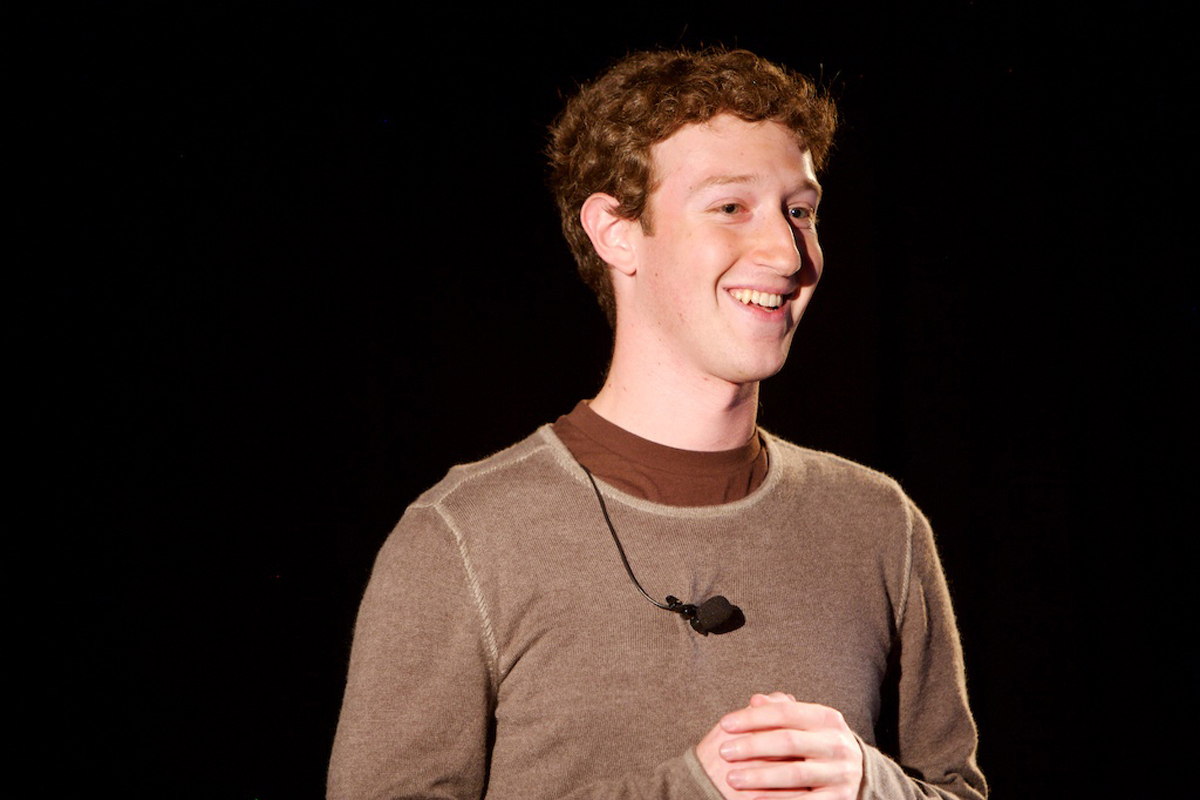Facebook CEO Mark Zuckerberg sets out vision to grant world internet access
Facebook chief uses MWC keynote to talk up Internet.Org's aspirations.

Facebook founder CEO Mark Zuckerberg has fleshed out the growth strategy for the Internet.Org initiative he champions, which aims to provide access to basic internet services to the whole world.
Internet.org was launched in August 2013, and counts Facebook, Ericsson, MediaTek, Nokia, Opera, Qualcomm and Samsung as founding partners.
At the time of its launch, the founders set themselves the goal of bringing internet access to the "next five billion" people, particularly those in emerging markets.
During his highly anticipated Mobile World Congress keynote in Barcelona earlier today, Zuckerberg spoke at length about the initiative, and described it as an "on ramp to the internet" for disadvantaged people.
If you increase the number of people in emerging markets with internet access, you can create 100 million jobs.
"One thing I think it's easy to take for granted is that most people do not have access to the internet," he said. "It's 2.7 billion [with internet access] and it's growing slower than you'd imagine."
Those without access to a reliable internet connection miss out on essential access to financial services, as well as health information and educational opportunities.
Guest editor's thoughts
Sign up today and you will receive a free copy of our Future Focus 2025 report - the leading guidance on AI, cybersecurity and other IT challenges as per 700+ senior executives
"I think this is a great goal and its surprising to read only 2.7 billion people are currently connected to the internet. I do have to question Zuckerberg's motives though. Users are offered limited internet access before being asked to pay for more. Is this a philanthropic project or a money making exercise for Facebook?"
Brendon Petsch, IT director, Gritit
"If you increase the number of people in emerging markets with internet access, you can create 100 million jobs [and bring about a] seven per cent drop in child mortality," he said.
When pressed for more information about how it works, Zuckerberg explained end users would get access to a range of free internet-based information services, before being offered the chance to cough up for more data intensive ones. For example, media streaming.
The model has already been trialled in the Philippines and Paraguay, he revealed. And, in the case of the former, has resulted in the number of people accessing the internet there doubling.
"It's really early, [and] I don't want to say we have all the answers yet, but the early results are promising. We're proving the model can work," he said.
The next stage of the initiative will involve bringing on board "three-to-five" new partners or carriers who can help the founders test the limits of the model a little more.
However, he admitted given the emphasis will be on connecting poorer nations it might take some time for Internet.Org to generate money.
"I think we're [Facebook and the other founding partners] probably going to lose money on this for quite a while," he said.
During the keynote, he was also asked if Edward Snowden's NSA revelations were likely to undermine the work Internet.org does, and what his general thoughts about the surveillance scandal were.
"It's not awesome. The Government sort of blew it on this[because it has a] responsibility to protect folks and be transparent," he said.
"They're getting there, but only now getting to the range of where they should have been. This whole thing could have been avoid[ed]."
-
 Meta to pay $725 million in Cambridge Analytica lawsuit settlement
Meta to pay $725 million in Cambridge Analytica lawsuit settlementNews The settlement closes the long-running lawsuit into how Facebook's owner, Meta, handled the Cambridge Analytica scandal
-
 Meta's earnings are 'cause for concern' and 2023 looks even bleaker
Meta's earnings are 'cause for concern' and 2023 looks even bleakerAnalysis Calls for investor faith in metaverse tech only emphasise the worries that its investment strategy won't pay off
-
 Microsoft and Meta announce integration deal between Teams and Workplace
Microsoft and Meta announce integration deal between Teams and WorkplaceNews Features from both business collaboration platforms will be available to users without having to switch apps
-
 Facebook is shutting down its controversial facial recognition system
Facebook is shutting down its controversial facial recognition systemNews The move will see more than a billion facial templates removed from Facebook's records amid a push for more private applications of the technology
-
 'Changing name to Meat': Industry reacts to Facebook's Meta rebrand
'Changing name to Meat': Industry reacts to Facebook's Meta rebrandNews The rebrand attempts to provide a clearer distinction between Facebook and its umbrella company
-
 Facebook's Oversight Board demands more transparency
Facebook's Oversight Board demands more transparencyNews Board bashed the social media giant for its preferential treatment of certain high-profile accounts
-
 Facebook claims AI managed to reduce hate speech by 50%
Facebook claims AI managed to reduce hate speech by 50%News The social media platform has hit back at claims the tech it uses to fight hate speech is inadequate
-
 Facebook to hire 10,000 workers across the EU
Facebook to hire 10,000 workers across the EUNews The high-skilled jobs drive is a “vote of confidence” in the European tech industry

